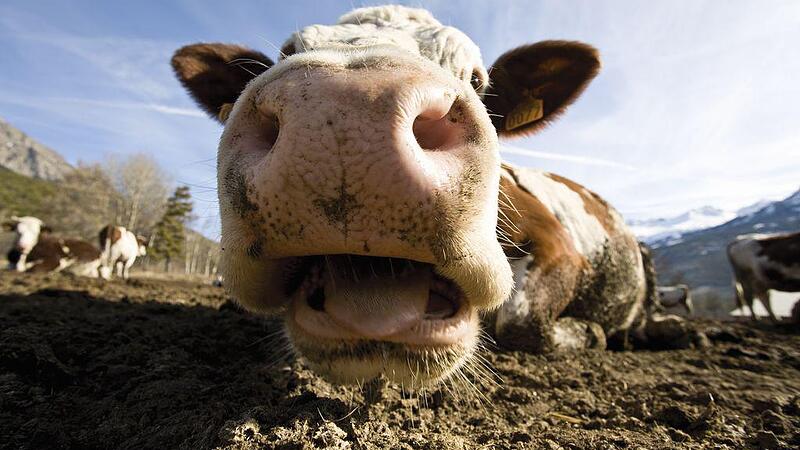Image: colourbox.com
More than a billion animals could suffer from heat stress by the end of the century – with negative consequences for fertility, milk production and life expectancy, according to a study by the University of KwaZulu-Natal in South Africa, published Thursday in the journal Environmental Research Letters.
According to the researchers, eight out of ten cows already show symptoms of heat stress, such as an excessively high body temperature or increased breathing rates. According to the study, if emissions of climate-damaging greenhouse gases continue to rise, the burden on animals could become a year-round problem by the year 2100, especially in Brazil, southern Africa, northern India, northern Australia and Central America.
Effects on milk production
According to study author Michelle North and her team, increasing heat stress could reduce global milk production by 11 million tons by 2050 – which would threaten the livelihoods of small farmers in particular without insurance. According to the researchers, only the rapid reduction of greenhouse gases can curb the problem in the long term. In the short term, overheated cows can be helped by having access to shaded areas and being fed earlier in the day.
Source: Nachrichten




